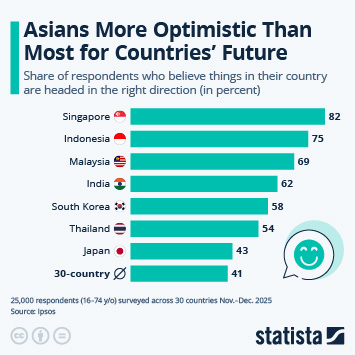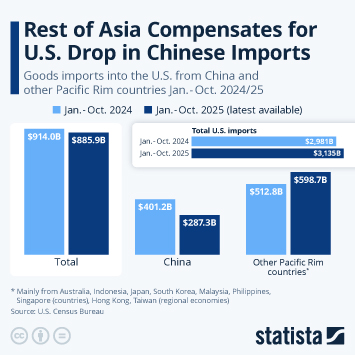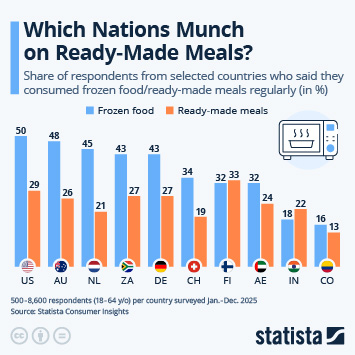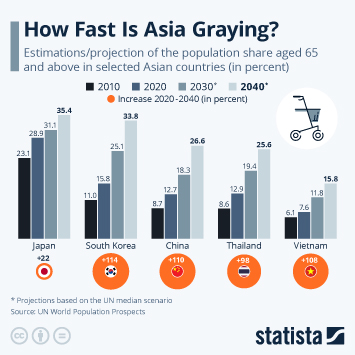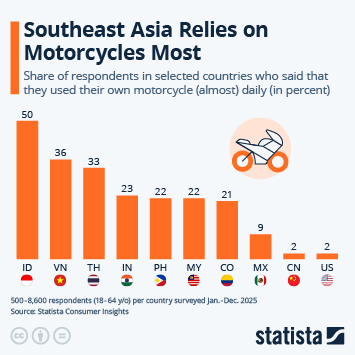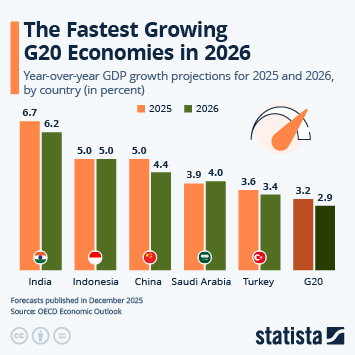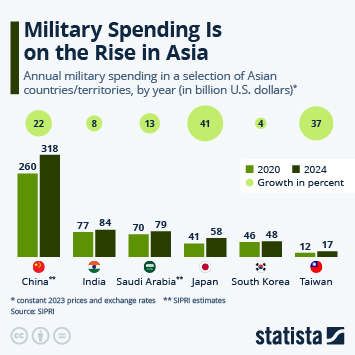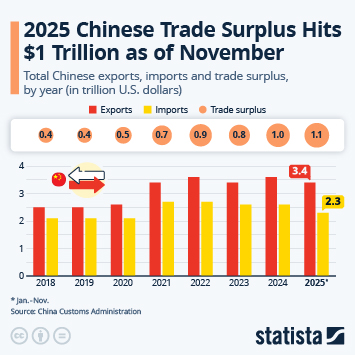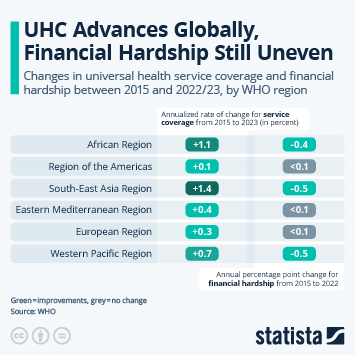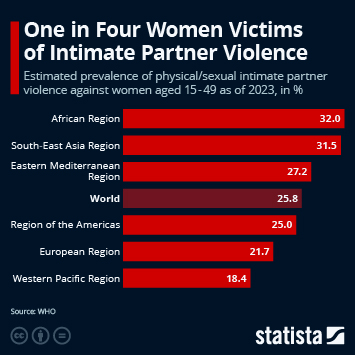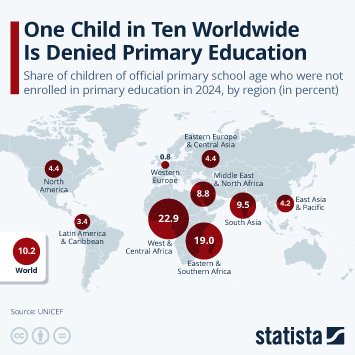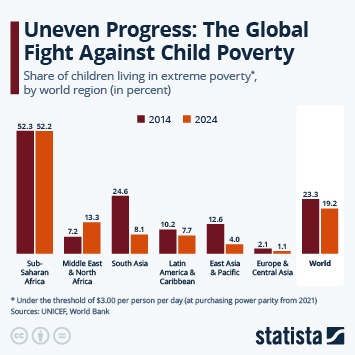This year's Earth Day, held on April 22, has the motto "Planet vs. Plastics". One area where the problem of global plastic reliance becomes very visible is the plastic waste and scrap trade that carries the inherent risk of air, land and maritime pollution. The sector has kept shifting, avoiding new regulations that try to rein in its issues
In 2022, plastic waste trade data for 129 countries was available from the UN Comtrade database. Japan and wealthy European countries remained among major net exporters of plastic waste. The Philippines, with a net plastic waste export of more than 80,000 tons last year, is a surprising entry in the net exporters list. The country often linked to plastic land and maritime pollution has turned to exporting to deal with the consequences of an over-reliance on plastics, sometimes dubbed the sachet economy.
Since the EU has stopped waste exports to non-OECD members in 2021, Turkey is taking in more plastic waste from the EU, while some plastic waste and its higher quality products are being recycled or further processed in Eastern Europe. However, Asian nations continue to receive large amounts of plastic waste, the biggest recipient now including Malaysia, Vietnam and Indonesia after China banned the import of plastic waste in 2018 (and also stopped reporting these numbers). India also received net plastic waste imports of more than 75,000 tons last year. According to the OECD, Latin America has started to become a destination for plastic waste recently.
While the recycling of foreign plastic waste can be lucrative, lack of regulations and oversight have caused a myriad of problems in receiving countries. Experts expect the streams of plastic waste exported from industrialized nations to continue shifting to countries where regulations are not (yet) in place.








